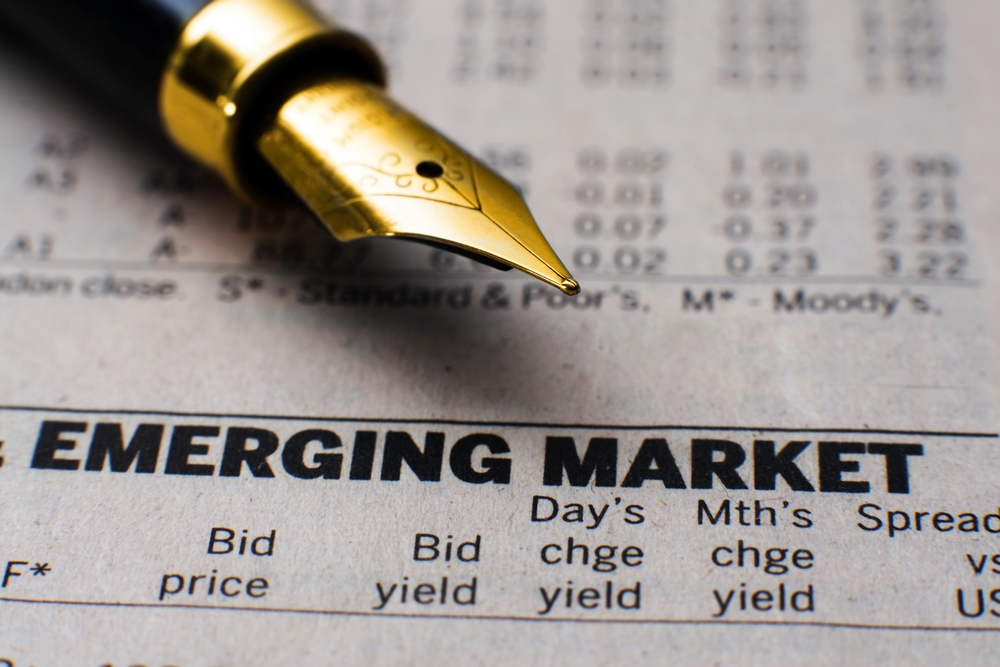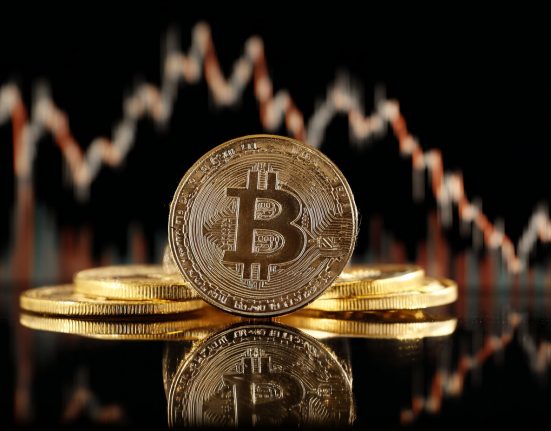The bank goes against the crowd and says US will not dip into a recession
Investors should remain overweight on US equities and not be tempted into emerging markets, according to Goldman Sachs.
The investment bank reaffirmed its out-of-consensus position on a soft landing for the US economy and a more positive outlook for American earnings on a call looking at the mid-year outlook.
“The [economic] fog in the US has lightened up,” said Sharmin Mossavar-Rahmani, the bank’s head of investment strategy. She argued investors would be best served by staying invested “in the equity market with a significant overweight to US assets” and shouldn’t fundamentally tamper with asset class allocations.
Despite positive recent signs for emerging markets, with MSCI’s emerging markets index up 8 per cent this year, according to FactSet, Goldman’s advice is to remain significantly underweight to assets in such economies. The US is becoming more competitive on a cost and manufacturing basis, Mossavar-Rahmani argued, while China’s problems with demographics and a stalling property market have made it significantly less attractive.
Goldman’s reticence on emerging markets found support in the latest update from emerging market specialist Ashmore (ASHM), which said earlier this month that its assets under management had fallen by $1.8bn (£1.4bn) in the three months to 30 June as a result of institutional clients taking out cash. However, the company said that “emerging markets performed well over the quarter with returns of between 1 per cent and 2.5 per cent in the main benchmark indices”.
On the prospects for American economic growth, Goldman has become more convinced of late that the US economy will not fall into recession. It now thinks there is only a 20 per cent chance of a US recession in the next year, down from a previous forecast of 25 per cent, due to factors such as a resilient labour market and the rebound in disposable income growth. This positivity makes it an outlier.
According to a poll by the Wall Street Journal, 54 per cent of economists expect a US recession over the same time period. RBC Capital Markets, meanwhile, said that “most banks are still factoring in a mild recession in their outlooks”.
Goldman also thinks the market is too pessimistic on the US earnings growth outlook. The bank’s base case is for earnings per share (EPS) growth of 4-6 per cent this year, compared with the FactSet consensus of 0.5 per cent for the S&P 500. Blended earnings for the index fell by 9 per cent in the second quarter, according to the data provider.
Julian Salisbury, chief investment officer of Goldman’s asset and wealth management arm, made less positive noises on the banking sector, warning that he expects pressures on interest margins and writedowns, with credit availability also likely to be squeezed.
Goldman itself reported weak second-quarter results on 19 July, with a 58 per cent fall in net income and an annualised return on equity of only 4 per cent. The largest US investment banks paid out over $1bn in severance costs in the first half of the year, as they cut staffing levels after expanding during the pandemic.
And the weak level of dealmaking in the private equity markets is continuing, hurting the short-term chances of a rebound in M&A activity. Salisbury said of these markets that “growth is pretty sanguine right now after the run-up in 2021″. He added that most companies “don’t want to reflect the sell-off that’s being seen in the public markets by raising money at lower valuations”.
Elsewhere on the call, the bank’s chief economist and head of global investment research, Jan Hatzius, highlighted the labour productivity opportunities from artificial intelligence (AI). Hatzius thinks that AI could replace a quarter of current work hours on a 10- to 15-year time horizon.
The big AI equity opportunities are currently US-focused. Shore Capital analysts said in a note that while they expect London-listed companies such as Kainos (KNOS) and Sage Group (SGE) to benefit from AI developments, unlike in the US “AI is likely to be incremental to their equity stories rather than transformational”.
As we are still early in earnings season, only time will tell whether Goldman’s consensus-busting optimism on the US outlook is justified. Despite the tech sell-off in recent days, driven by Netflix (US:NFLX) and Tesla’s (US:TSLA) results, the S&P 500 and Nasdaq 100 have delivered year-to-date returns of 19 per cent and 42 per cent, respectively, according to FactSet.







